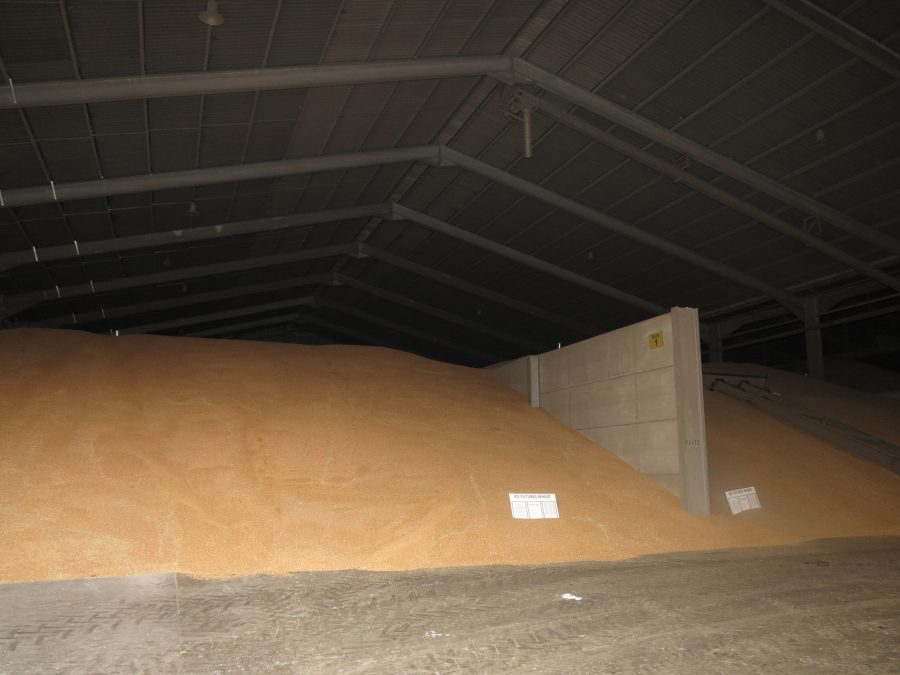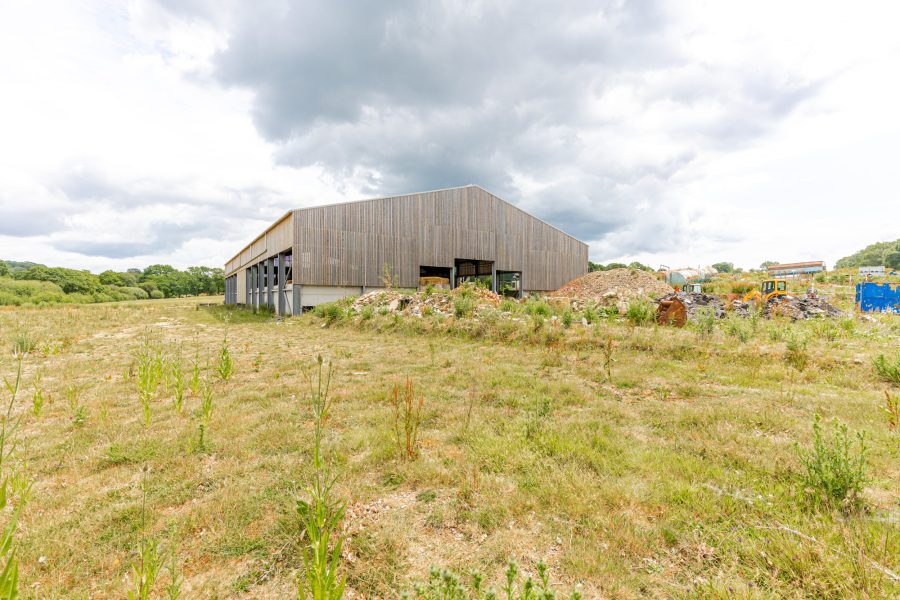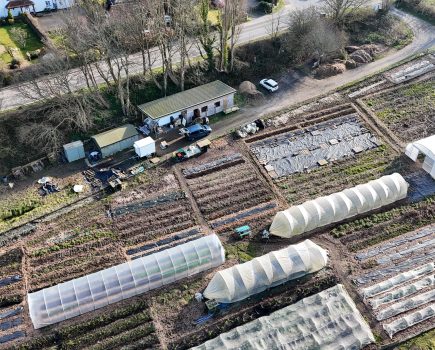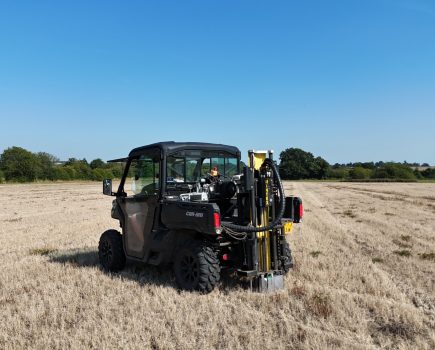Do you know how much your land and buildings are worth? The truth is that while most people will have a rough figure in their head, assessing the true value needs considerable professional input.
Most farming publications or websites will provide a range of prices for commercial blocks of farmland in different areas of the country, but this is no more than a guideline. The actual price depends on a range of factors, such as access, planning permissions, environmental opportunities and soil type.
Furthermore, a farm may include a farmhouse, farm workers’ cottages or other buildings, and they are increasingly also home to diversification ventures such as camping, a farm shop, caravan storage or workshops.
Clearly, a rough value per acre gleaned from the internet will be of little help in assessing the true value, which can only be accurately calculated by a valuer using his or her skill and judgment.
Types of valuation
Clients who are looking to sell their land will typically require a market appraisal, which will set out a marketing strategy and provide a guide price. In other cases, such as when an asset needs to be valued for Inheritance Tax or Capital Gains Tax assessment, a Charities Act report or to support a possible purchase, the valuer will use the Royal Institution of Chartered Surveyors (RICS) Valuation Standards, otherwise known as the Red Book.
The team at Batcheller Monkhouse carries out valuations for a variety of purposes, across a wide range of property types.
As Chris Tipping explained: “A quick review of my files shows that over the past year I have valued farms, woodland, lakes, a log cabin without planning consent, a house set within the grounds of a listed mansion, an air strip with hangars, rural workshops, a farmhouse that has been demolished and partially re-built, land allocated for development and equestrian land together with every type of farm imaginable.”
Spotting opportunities
A site visit is a vital way of gleaning information to support the valuation and is followed by the usual desktop investigations into such things as planning history, environmental and legal considerations, tenure, market commentary and comparable evidence.
The visit may also prompt discussions about the potential conversion opportunities offered for buildings on the farm under Classes Q and R of Permitted Development legislation.
Class Q allows a farm building to be converted to up to five houses, while Class R allows a building to be turned over to flexible commercial use. Spotting a potential diversification opportunity that may have gone unnoticed by the owner can significantly increase the value of a holding.
A site visit is also a chance to consider environmental grants.
Batcheller Monkhouse acts for most of the leading lenders of rural finance and also as agents to the Agricultural Mortgage Corporation (AMC). In that role, the firm assists with presenting an application to AMC, which may be for the construction of new farm buildings, buying land, restructuring borrowing, diversification, building improvements and so on. Where a loan is approved, the firm is typically then instructed to handle the valuation on behalf of AMC.
Talk to us first to see all your options
“It’s clear that a whole range of factors can affect a valuation, including some opportunities that the landowner may not even have considered,” Chris Tipping commented.
“The farmland market has performed exceptionally well over the past 10 years. Levels of demand remain strong, not least as land has always been considered a safe haven and to offer good protection against Inheritance Tax liabilities. There are also new markets emerging for environmental assets such as biodiversity net gain, water and nutrient credits.” Batcheller Monkhouse has a strong understanding of the marketplace and should be the first port of call for anyone looking for a valuation.








